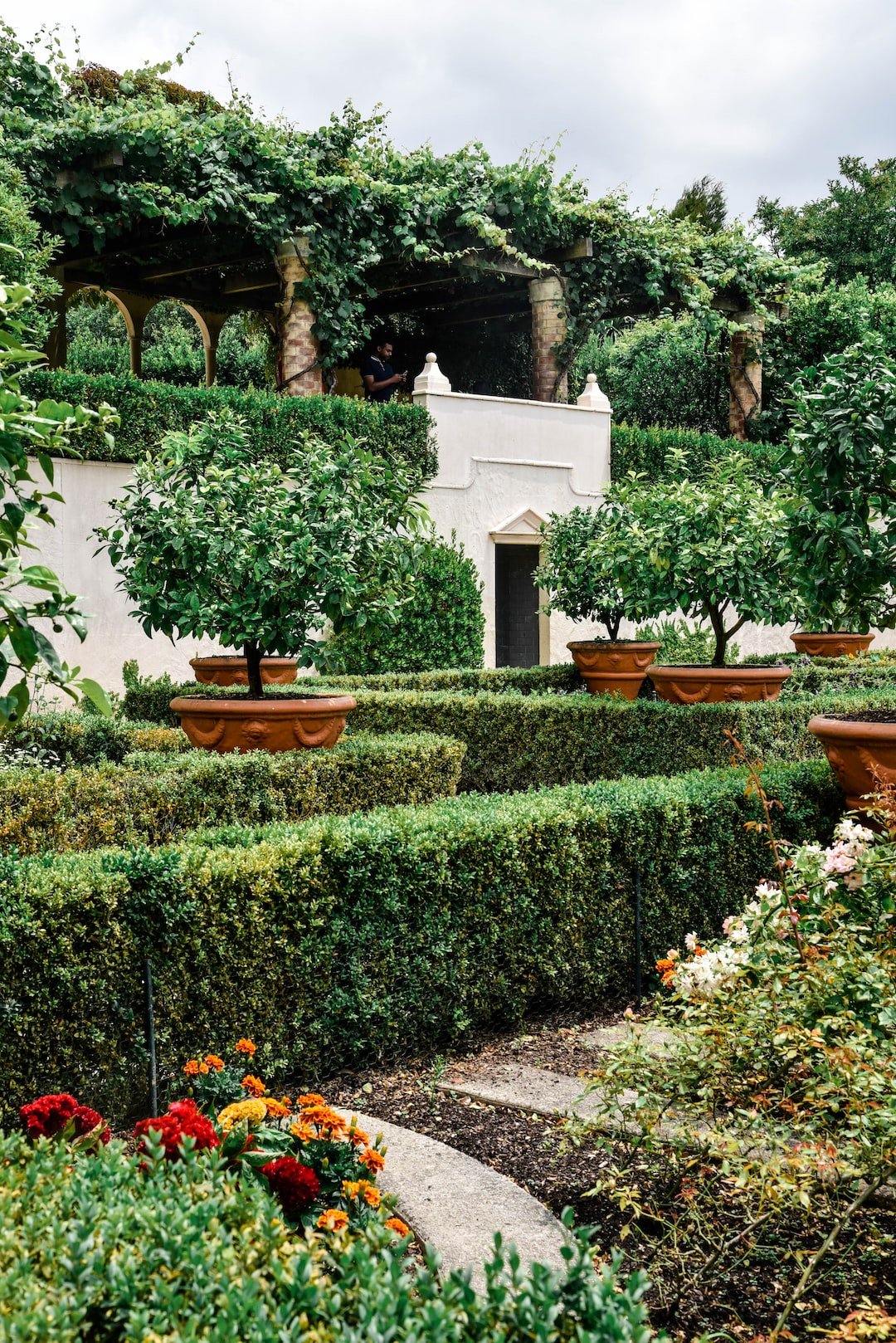In today’s world, where climate change is becoming increasingly evident, it’s crucial for us to take every step possible towards creating a more sustainable future. One small but impactful way to contribute to this goal is by creating an eco-friendly garden. Not only will it help reduce your carbon footprint, but it will also attract a variety of beneficial insects and wildlife. If you’re ready to make a positive change and create a garden that is both beautiful and kind to the environment, here are some tips to get you started:
1. Choose native plants: Native plants are adapted to the local climate and require less water, fertilizers, and pesticides. They also provide a habitat for local wildlife. Research which plants are native to your area and incorporate them into your garden design.
2. Water wisely: Conserving water is an essential aspect of an eco-friendly garden. Install a rainwater harvesting system to collect rainwater for watering your plants. You can also create a mulch layer around your plants to reduce evaporation and weed growth, ultimately reducing the need for additional watering.
3. Compost for healthy soil: Instead of using chemical fertilizers that can harm the environment, create your own compost. Composting not only reduces waste but also enriches your soil naturally. Use kitchen scraps, leaves, and grass cuttings to create nutrient-rich compost that will nourish your plants.
4. Eliminate chemical pesticides: Chemical pesticides harm both beneficial insects and the environment. Instead, implement natural pest control methods such as companion planting, where certain plants repel specific pests. For example, marigolds can deter aphids and nematodes, while lavender can repel mosquitoes.
5. Attract pollinators: Bees, butterflies, and other pollinators play a crucial role in the ecosystem. Attract them to your garden by planting flowers that provide nectar and pollen. Some popular choices include lavender, sunflowers, and bee balm. By providing a habitat for these pollinators, you are not only helping your garden thrive but also contributing to the larger ecosystem.
6. Create a wildlife-friendly environment: Encourage biodiversity in your garden by incorporating features such as bird feeders, bird baths, and nesting boxes. These elements not only provide food and shelter for local wildlife, but they also add beauty and interest to your outdoor space.
7. Reduce, reuse, recycle: Embrace sustainable practices by minimizing waste in your garden. Opt for reusable containers instead of single-use plastics, repurpose old materials for garden structures, and recycle whenever possible. Every small effort counts towards reducing your environmental impact.
8. Opt for organic gardening: Organic gardening is all about working in harmony with nature. Use organic fertilizers and pest control methods, avoid genetically modified organisms (GMOs), and support local organic farmers. By choosing organic practices, you are nurturing the soil, benefiting from healthier produce, and reducing harmful environmental effects.
9. Practice responsible garden maintenance: Regular maintenance of your garden can have a significant impact on its overall sustainability. Consider using eco-friendly tools such as manual push mowers, pruning shears, and hand weeders. Also, be mindful of your energy consumption by using solar-powered lighting for your outdoor area.
Creating an eco-friendly garden not only helps protect the environment, but it also offers you a peaceful and beautiful space to enjoy nature. By implementing these tips, you can make a positive difference and inspire others to follow suit. Let’s work together to create a greener future, one garden at a time!

